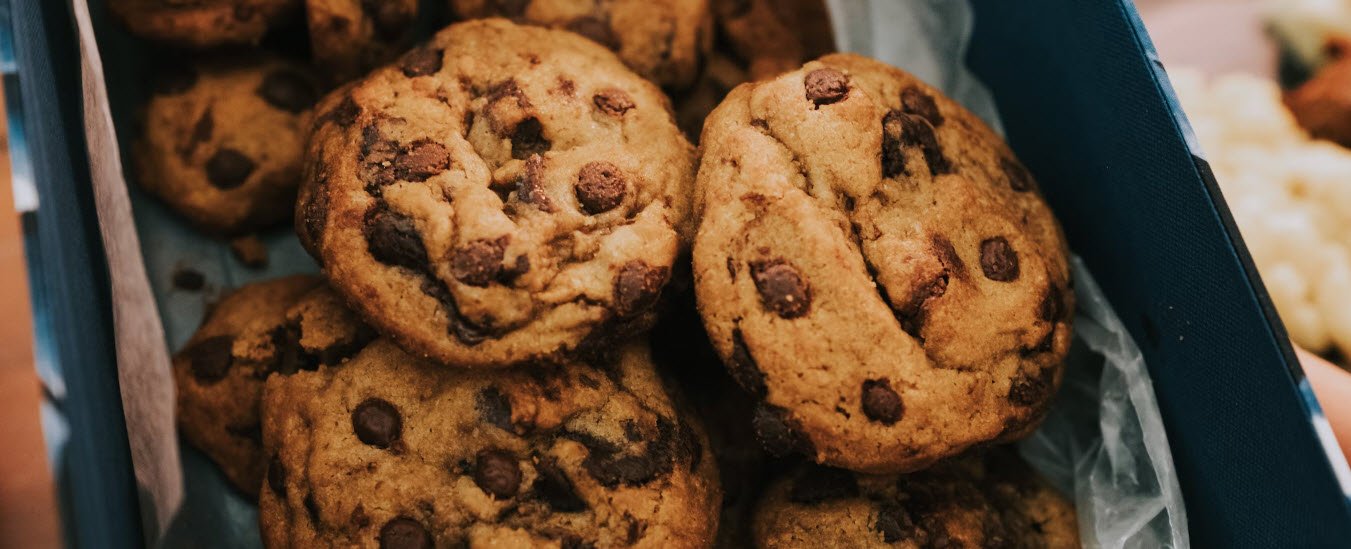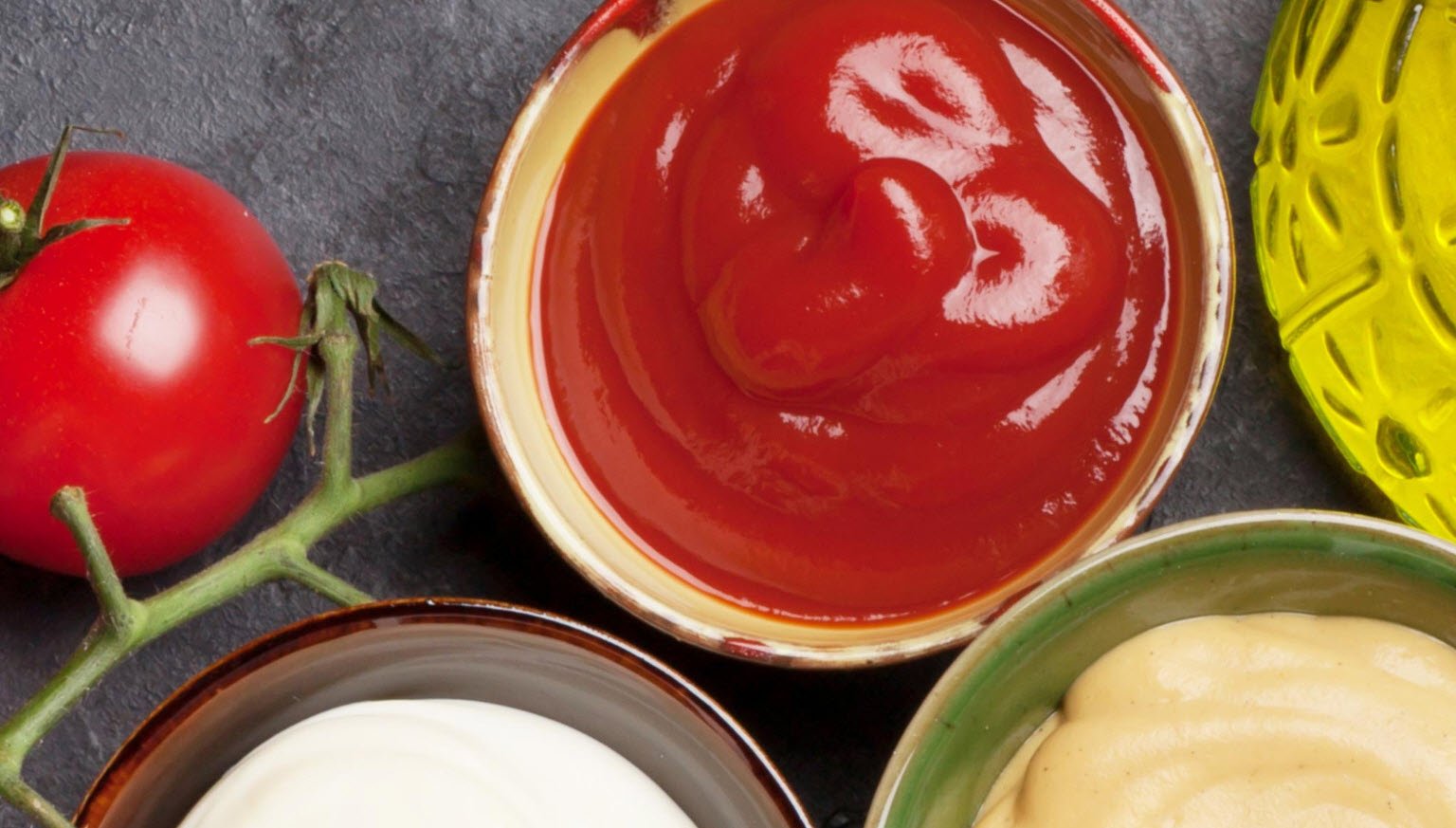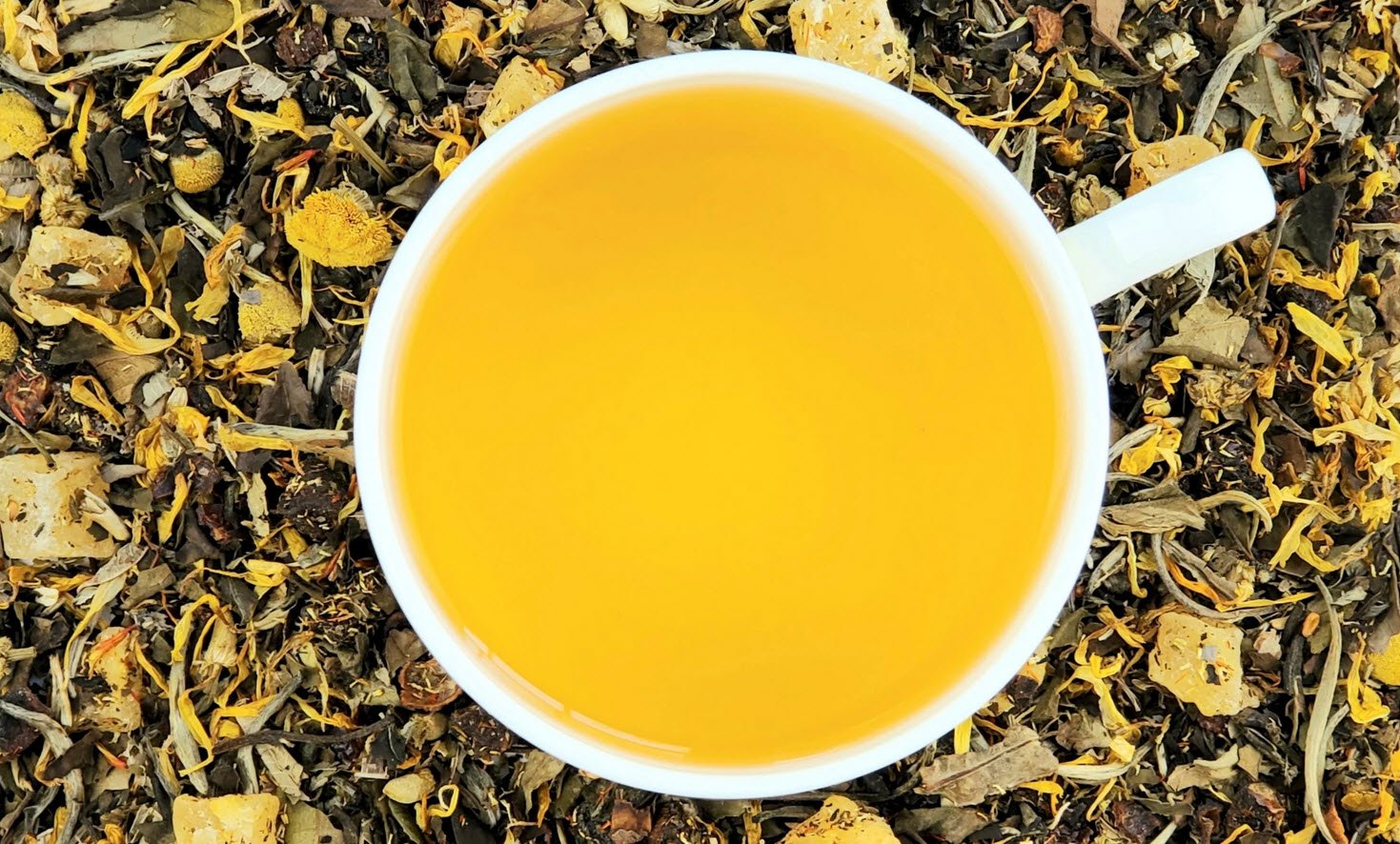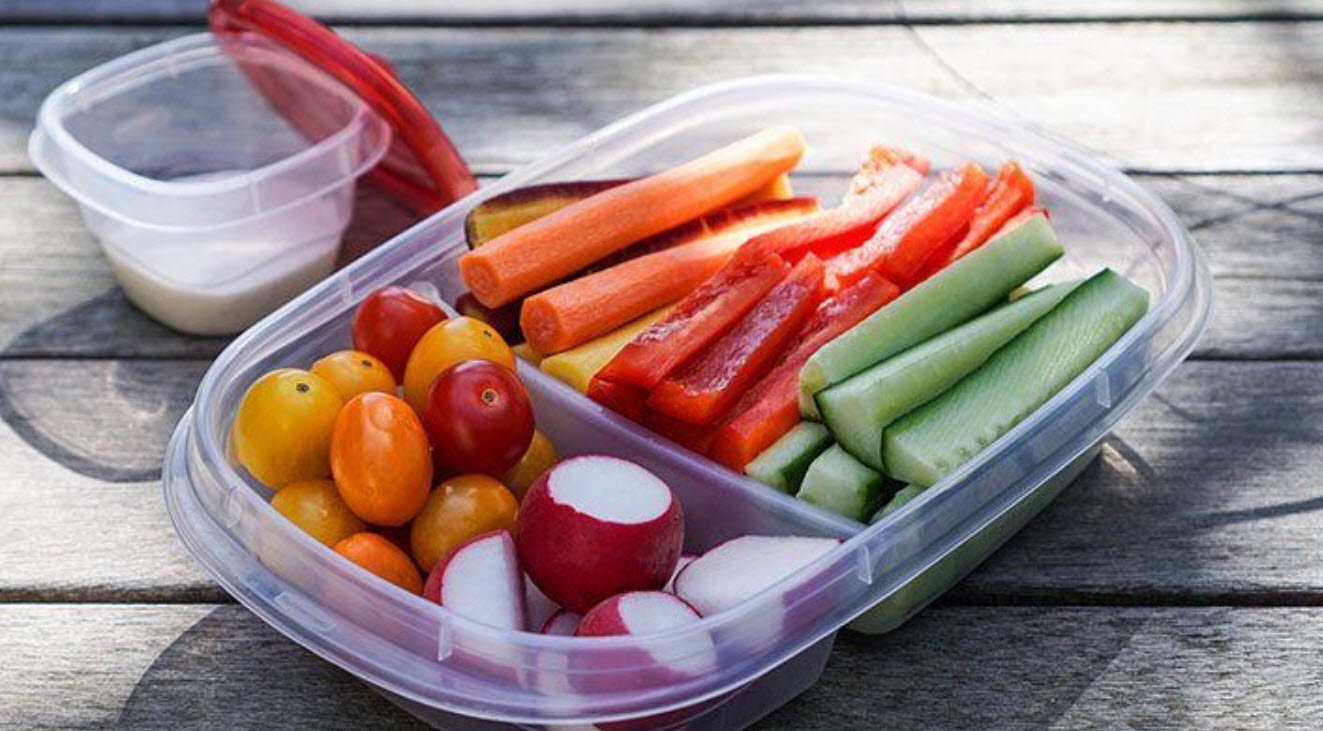
Bad carbs, often known as refined carbs, are processed carbohydrates that have had their essential benefits stripped away. Bad carbs include white bread, sugary cereals, and pastries. These foods are high in added sugar and low in fibre, vitamins, and minerals. Excessive carbohydrate consumption can lead to weight gain, blood sugar imbalances, and an increased risk of chronic diseases like type 2 diabetes and heart disease.
Eating a diet high in bad carbs can also contribute to inflammation in the body and disrupt the balance of good bacteria in the gut. This can lead to a variety of health problems, such as digestive issues and a weakened immune system. In contrast, good carbs, such as whole fruits and vegetables, whole grains, and legumes, are an important source of essential nutrients and can help support a healthy weight and overall health.
To reduce your intake of bad carbs and improve your overall health, it is important to choose whole, unprocessed foods as much as possible. This includes switching to whole wheat bread, brown rice, and quinoa, and opting for fruits and vegetables as snacks instead of sugary treats. Additionally, be mindful of added sugars in processed foods and read ingredient labels carefully. By making these simple changes to your diet, you can improve your health and reduce your risk of chronic diseases.
Some of the sources by which these bad carbs enter your body are as follows :-
- Fruits juice
- Soda or pop
- Cookies
- Pastries
- Cakes
- White bread
- Ice cream
1) Fruit Juice
Because of its high natural sugar content, fruit juice is usually regarded as a source of dangerous carbs. Fruit juice includes vitamins and minerals, but it also contains a lot of calories and can cause blood sugar spikes. This is because juice is usually pasteurised and filtered, removing the fibre found in whole fruits. Because of the lack of fibre, the sugar in the juice may be absorbed quickly by the body, causing a spike in blood sugar levels.
Additionally, many fruit juice products contain added sugars, which can contribute to weight gain and an increased risk of chronic diseases such as type 2 diabetes. Furthermore, many fruit juices are also high in calories, which may lead to weight gain. Drinking juice regularly may also lead to tooth decay and cavities.
It’s crucial to understand that not all fruit juices are created equal, and some are less processed than others. Freshly squeezed juice, for example, provides more nutrients and less added sugar than commercially purchased juice. Drinking juice in moderation and eating entire fruits are preferable alternatives to juice. Whole fruits include fibre, which delays the absorption of sugar and gives you a feeling of fullness. It is also vital to keep portion proportions in mind, as even 100% fruit juice can contain a large quantity of sugar.
2) Soda or Pop
Soda, commonly known as carbonated soft drinks, is a prime example of a poor carb. These beverages include a lot of sugar, which can lead to weight gain and an increased risk of chronic diseases like type 2 diabetes and heart disease. A normal can of soda has approximately 39 grammes of sugar, which is close to the daily recommended limit for sugar consumption.
Soda is also high in calories, and drinking it regularly can lead to weight gain and an increased risk of obesity. Additionally, the high sugar content in soda can lead to blood sugar imbalances, which can affect the body’s insulin response and contribute to the development of type 2 diabetes.
Soda can also have negative effects on oral health, as the acidity and sugar content can erode tooth enamel and contribute to tooth decay. Furthermore, drinking soda regularly can also lead to dehydration, as it does not provide the same hydration benefits as water. Soda is also high in caffeine, which can lead to sleep disturbances, jitteriness, and anxiety in some people. Additionally, artificial sweeteners and other ingredients in soda can have negative effects on the gut microbiome, which can lead to a variety of health issues.
3) Cookies
Cookies are a classic example of bad carbs, as they are often high in added sugars, refined flour and unhealthy fats. Most store-bought cookies are also highly processed, which means they lack essential nutrients such as fiber, vitamins and minerals.
Cookies are often high in added sugars, which can contribute to weight gain and an increased risk of chronic diseases such as type 2 diabetes and heart disease. They are also high in calories, which can lead to weight gain if consumed in excess.

The refined flour used in cookies can also be problematic as it is low in nutrients and can cause blood sugar imbalances. Additionally, many cookies are also high in unhealthy fats such as trans fats, which can increase the risk of heart disease.
Eating cookies regularly can also have negative effects on oral health, as the sugar content can erode tooth enamel and contribute to tooth decay. Furthermore, many cookies contain artificial ingredients, preservatives, and artificial colors, which can have negative effects on health. It’s worth noting that homemade cookies made with whole wheat flour, natural sweeteners, and healthier fats such as coconut oil or avocado oil can be a healthier option. However, it’s still important to be mindful of portion sizes and not to overindulge on any type of cookies.
4) Pastries
Pastries, such as croissants, doughnuts, and Danish, are considered bad carbs due to their high sugar, refined flour, and unhealthy fat content. Most pastries are made with white flour, which is a refined carbohydrate that has been stripped of its natural nutrients. They are also high in added sugars, which can contribute to weight gain and an increased risk of chronic diseases such as type 2 diabetes and heart disease.
Pastries are also high in calories, which can lead to weight gain if consumed in excess. Additionally, the high sugar content in pastries can lead to blood sugar imbalances, which can affect the body’s insulin response and contribute to the development of type 2 diabetes.
Pastries are also often high in unhealthy fats, such as trans fats, which can increase the risk of heart disease. Furthermore, many pastries contain artificial ingredients, preservatives, and artificial colors, which can have negative effects on health.
Eating pastries regularly can also have negative effects on oral health, as the sugar content can erode tooth enamel and contribute to tooth decay. It’s worth noting that some pastries made with whole wheat flour, natural sweeteners, and healthier fats such as coconut oil or avocado oil can be a healthier option. However, it’s still important to be mindful of portion sizes and not to overindulge on any type of pastries.
5) Cakes
Cakes, like pastries, are considered bad carbs due to their high sugar, refined flour, and unhealthy fat content. Most cakes are made with white flour, which is a refined carbohydrate that has been stripped of its natural nutrients. They are also high in added sugars, which can contribute to weight gain and an increased risk of chronic diseases such as type 2 diabetes and heart disease.
Cakes are also high in calories, which can lead to weight gain if consumed in excess. Additionally, the high sugar content in cakes can lead to blood sugar imbalances, which can affect the body’s insulin response and contribute to the development of type 2 diabetes.
Cakes are also often high in unhealthy fats, such as butter, cream, and shortening, which can increase the risk of heart disease. Furthermore, many cakes contain artificial ingredients, preservatives, and artificial colors, which can have negative effects on health.
Eating cakes regularly can also have negative effects on oral health, as the sugar content can erode tooth enamel and contribute to tooth decay. It’s worth noting that some cakes made with whole wheat flour, natural sweeteners, and healthier fats such as coconut oil or avocado oil can be a healthier option. However, it’s still important to be mindful of portion sizes and not to overindulge on any type of cakes.
6) White Bread
White bread is considered a bad carb because it is made from refined flour that has been stripped of its natural nutrients. Refined flour is a type of carbohydrate that has been processed to remove the bran and germ, which are the parts of the wheat grain that contain the most fiber, vitamins, and minerals. As a result, white bread is low in nutrients and high in calories.
White bread is also high on the glycemic index, meaning it causes a rapid spike in blood sugar levels. This can lead to blood sugar imbalances, which can affect the body’s insulin response and contribute to the development of type 2 diabetes. Consuming a diet high in refined carbohydrates such as white bread can also contribute to weight gain and an increased risk of chronic diseases such as heart disease.
Furthermore, white bread is often fortified with synthetic vitamins and minerals, which may not be as well absorbed as those from natural sources. Additionally, white bread is also often high in added sugars and preservatives, which can have negative effects on health. On the other hand, whole wheat bread, made from whole wheat flour, is a better choice because it contains more fiber, vitamins and minerals, and has a lower glycemic index. It also has a lower risk for spiking blood sugar levels and less likely to contribute to weight gain and chronic diseases.
7) Ice cream
Ice cream is often considered a bad carb due to its high sugar and fat content. Most store-bought ice cream is high in added sugars, which can contribute to weight gain and an increased risk of chronic diseases such as type 2 diabetes and heart disease. A typical serving of ice cream can contain up to 30 grams of sugar, which is well over the daily recommended limit for added sugars.
Ice cream is even high in calories, and consuming it regularly can lead to weight gain and an increased risk of obesity. Additionally, the high sugar content in ice cream can lead to blood sugar imbalances, which can affect the body’s insulin response and contribute to the development of type 2 diabetes.

Ice cream is also often high in saturated fats, which can contribute to heart disease when consumed in large amounts. Furthermore, many ice cream products contain artificial ingredients, preservatives, and artificial colors, which can have negative effects on health.
You may also read:
- Exploring the Delightful World of Cold Sauces – From Aioli to Tapenade
- How To Prepare Keto Vanilla Cake
- 15 Different Types of Citrus Fruits You Need To Know
- A Guide to the Diverse World of Peppers
- Exploring the World of White Teas – A Delicate Symphony of Flavors
- Crafting a Vienna Vanilla Coffee Latte
- 4 Easy Steps to Prepare the Perfect Macchiato
- 20 Snacks Under 100 Calories – All You Need To Know
- Sunset Smoothie For Weight Loss – Preparation and Benefits
- Top 16 World’s Healthiest Foods








